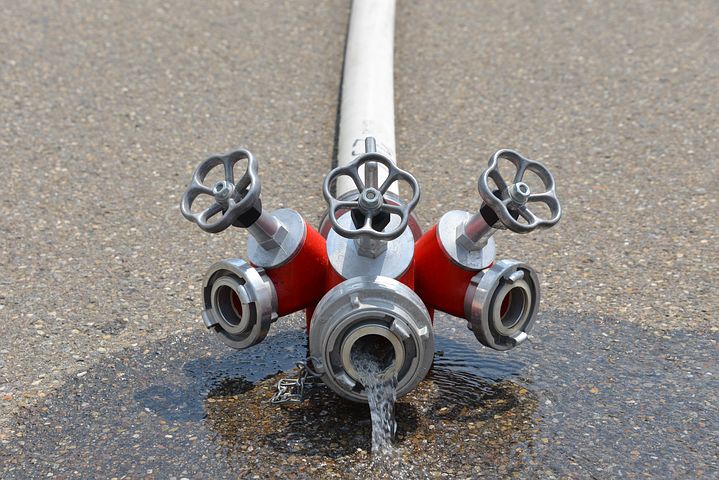
Fortunately, we are living in a society that is growing more eco-conscious by the day, but there’s still plenty of work to be done to get the planet back on track.
Clean water for drinking and washing, and the associated treatment, sanitation and supply processes are things that we take completely for granted in the West, but should we be thinking more on how much water we’re using and how often?
Our water consumption is a bigger environmental concern than you might think, and here we discuss how much water we currently use, why that matters and what we can all be doing to reduce water usage and waste.
Water Usage in the West
A quick search into water waste on Google will bring up some spectacular and rather eye-opening figures on our day to day consumption.
In the UK, water consumption totals an average of 140-145 litres per person, per day (a similar figure to Europe generally). One of the biggest culprits is the flushing of toilets, with 45 million toilets accounting for a staggering 2bn litres of water used each day, which represents just under a third of the country’s total daily output.
These numbers, however, are relatively small fry compared to the United States. In 2015, the US Geological Survey calculated that the entire country went through over 1.2 trillion (322bn US gallons) every 24 hours.
The Problems of Overuse
With such sophisticated sewerage and filtering systems, and especially when water appears out of a tap as and when we please, it’s easy to slip into the thinking that personal water consumption doesn’t matter. However, there are a number of potentially very serious problems associated with overuse, set out best by Ava Mohsenin from WaterNow Alliance back in 2016:
- Anthropocentric (human) concerns: With freshwater making up only 1% of the world’s water, there are limitations to its availability and distribution. Many countries in the world are considered ‘extremely high water stress’ – using over 80% of their water available, making them highly vulnerable to water scarcity. Therefore, overuse in both high and low-stress territories creates potential accessibility problems for those with the most need.
- Biocentric (ecological) concerns: Overuse in households means we are not adequately sharing our freshwater supply with our agriculture, animals and plants, whose prosperity is, of course, vital to our ecosystem. Limited water supply can endanger various plant and animal species whom we are indirectly reliant on.
- Sustainability concerns: Wasting water while our overall demand increases mean we are having to supplement our freshwater supplies with methods where the regeneration rate is lower than our rate of extraction. Right now, supply is outweighing demand, meaning our long-term water resources are in question.
Ways You Can Reduce
With such significant concerns in mind, it’s important that we’re all doing our bit to help reduce overall water consumption. As strides forwards are being made in industrial water use, here are a few ideas for how you can limit your footprint at home:
- Be savvier with your water: Reducing water consumption starts with thinking more about your daily activities and making some quick fixes. Conscious moves to not leave taps running, only boiling what water you need, brimming the dishwasher and washing machine before using them and taking less time in the shower are all examples of this.
- Friendly-tech: Considering the numbers mentioned above, it makes sense to invest in a low-flush toilet, which can save 50% of the water used flushing a traditional toilet. Likewise, a water efficient shower head will help, and both could save you money on utilities.
- Better gardening: Water wastage in the garden is one of the bigger areas of household use, and there are a number of ways to be a bit more eco-friendly in your backyard.
- Diet-based changes: Reducing the amount of meat you eat will help lower your personal water footprint, as rearing animals for consumption is highly water-intensive. Monitoring and improving your overall food wastage will help reduce the level of water used in wider food production, as well as saving you a few hundred pounds annually.
Sometimes, we just need a reminder that some of the daily amenities we enjoy as standard are not never-ending. As awareness around overuse of water and the associated risks increase, we can expect to see a cultural shift in how we manage our day to day water consumption for the better.




Leave a Comment